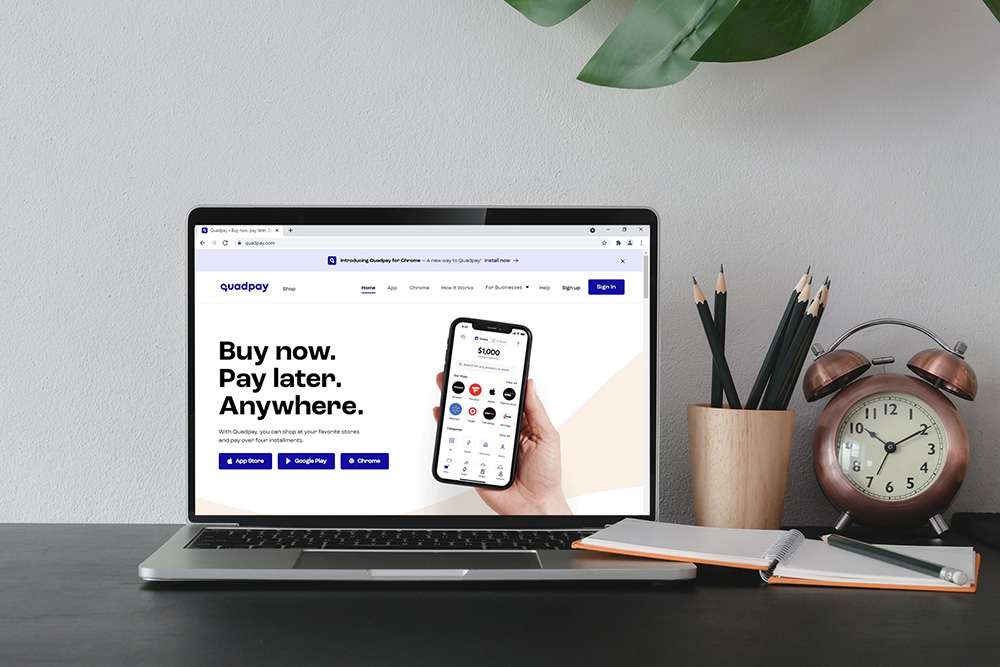DCCU Routing # 251483311
Buy-now-pay-later (BNPL) apps and services have become increasingly popular payment options, largely due to the flexibility they provide. Many offer interest-free or low-interest installment plans for online purchases, giving consumers more time to pay for the items they want. For some, these services feel like a way to avoid credit card debt, while others remain cautious. No matter where you stand, it’s important to understand both the benefits and risks before signing up.
Be mindful of overspending
The ability to buy now and pay later can make it easy to spend more than you intended. A recent LendingTree survey found that two in three shoppers who’ve used BNPL financing admitted that it caused them to spend beyond their budget. If you choose to use these services, keeping your budget in mind is key to avoiding unnecessary financial strain.
Understand the interest rates and fees
Although many BNPL apps advertise interest-free short-term loans, costs can add up quickly if you miss a payment. Some providers charge set late fees that can increase depending on how late the payment is. Others may charge interest on longer-term plans. While the convenience can be appealing, be sure you’re aware of any hidden fees or potential charges before committing.
Keep track of due dates
BNPL services typically break down payments into multiple installments. For example, some services split purchases into four equal payments: one upfront and three more every two weeks. Others, however, may offer different options – including bi-weekly, monthly, and even longer-term payment alternatives. No matter which route you choose, marking due dates on your calendar can help you avoid late fees.
Understand how it impacts your credit score
Unlike credit card companies, BNPL providers aren’t always required to report your payment history to the major credit bureaus. That means using BNPL may not help you build or improve your credit score. This can be helpful for those with less-than-perfect credit wishing to access financing but can be limiting if your goal is to strengthen your credit history. But changes are on the way. FICO recently announced a new credit score model designed to account for BNPL activity. This update is slated to begin in Fall 2025, meaning your use of these services may soon play a role in your overall credit picture.
Explore your options
BNPL financing can provide flexibility, but they aren’t the only choice. If convenience is what you’re looking for, a credit card may be a good option. Paying your balance off each month allows you avoid interest while also potentially earning rewards or cash back on your purchases. For larger expenses, a personal loan could be a better fit with predictable payments over time.
At DCCU, we offer a variety of credit cards and lending options designed to meet your needs while supporting your long-term financial wellness. Contact us today to explore your options.
This article is for general information only and not intended to provide specific advice or recommendations for any individual.


